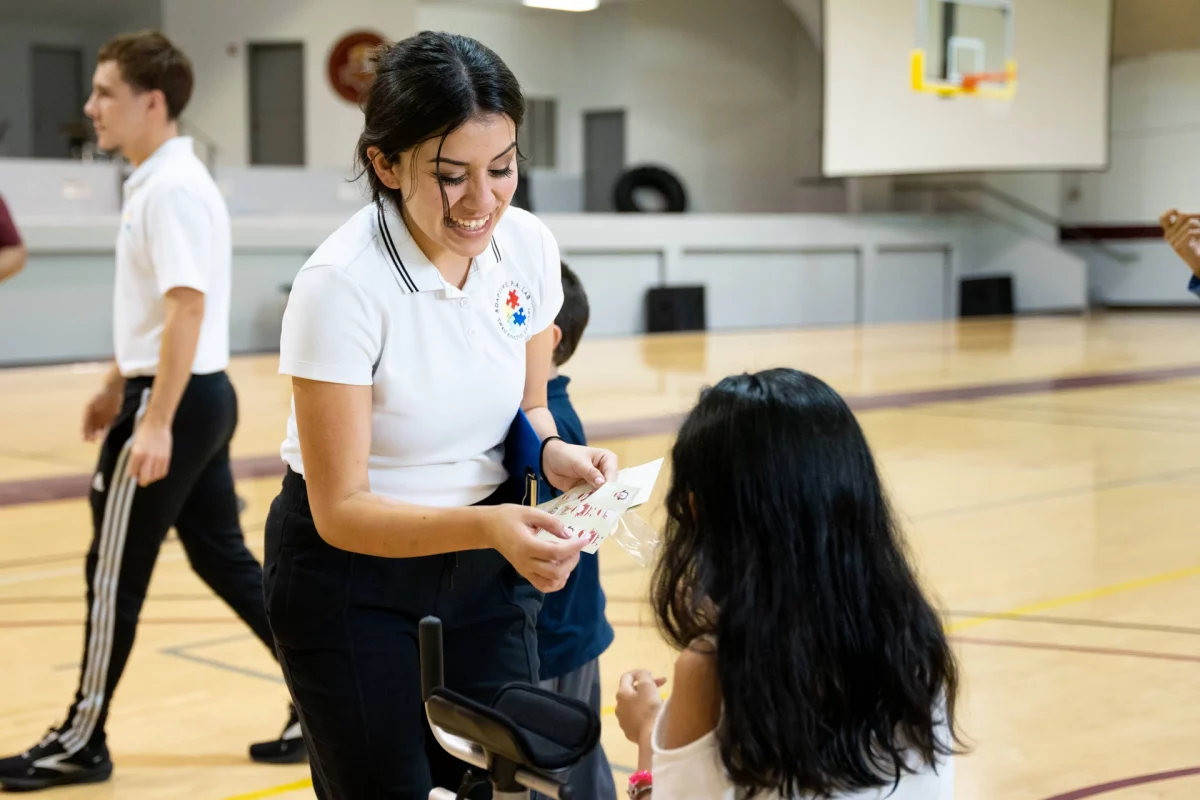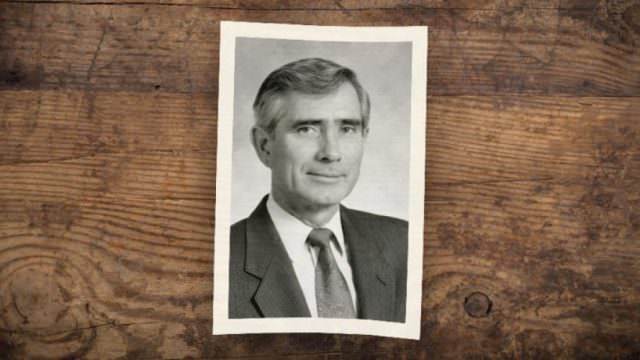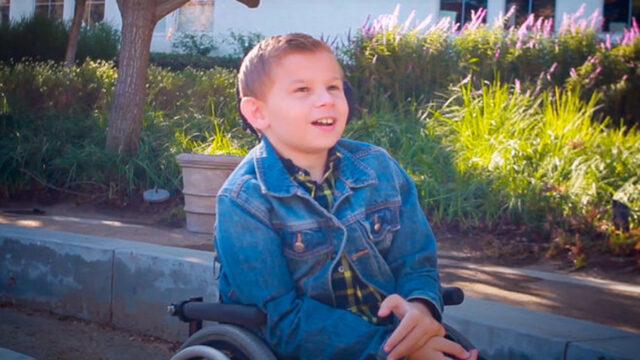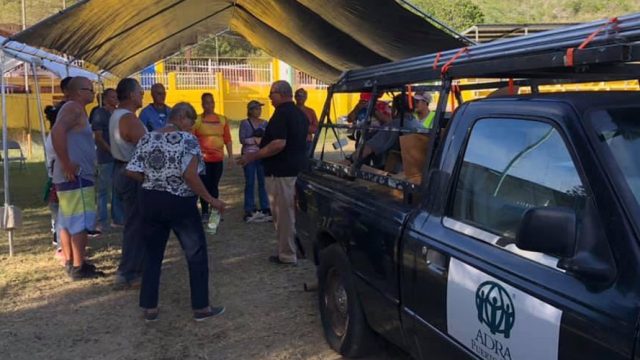Southwestern Adventist University touts benefits of a class geared to improve lives.

Paulino Santos, chair of the Department of Kinesiology at Southwestern Adventist University (SWAU) in Keene, Texas, United States, recently threw a party at the end of his Adaptive Physical Activity class for his students and their supporters. Young participants with disabilities from the surrounding churches and the community came to celebrate their accomplishments with their student therapists at the end of an eight-week lab in Santos’s Adaptive Physical Activity class.
As they worked together, the participants and SWAU students bonded in a friendship that motivated each participant to do their best for their new friend and for each student to do their best to help their participant reach their goal. At the party, everyone from parents to teachers to guests got emotional as they clapped and cheered for “our heroes,” as Santos called them, for the accomplishments each participant/student-teacher team demonstrated for the group.
During once-a-week sessions for eight weeks, many SWAU students, who are working to become future therapists, physical education teachers, and sports medicine professionals, got their first chance to creatively teach and administer therapeutic exercises tailored to their participant’s goals. The SWAU students were tasked to assess their participant’s needs, then develop, design, and build their own instrument to aid their participant in one area.
For example, Parker Wells, a senior kinesiology major, created an exercise for his participant, Riley, to improve her grip strength to help her better maneuver her wheelchair. He put a device in a water bottle full of water, and as she squeezed the bottle, the device sank. Her dad said she was better connected to Parker than her professional therapist.
Lizzy Dominguez, a health and fitness major, built a ramp out of plastic pipe and connectors to help her participant, Xahani, improve upper body strength to lift a ball and nudge it down the ramp to knock down plastic bowling pins. These were just a couple of the innovative and effective tools the SWAU students engineered. The participants’ response was 100-percent positive — every student made progress between their beginning and ending assessments.
God has blessed Santos’s desire to serve more participants through this class, he says. One day Yasmin Segovia, a sophomore nursing student at SWAU, came to the Leiske-Pultar Gymnasium to attend coach Chad Hutchinson’s required Wellness for Life course. She saw the SWAU students working with the participants and immediately asked if she could bring her nine-year-old daughter, Olivia.
“It’s been a great experience to bring my daughter here and see the smile on her face and how happy she has been to interact with Stacy Rose Perea and Paige Hinds and interact with kids her age. I know some other families that may be interested in bringing their children,” Segovia said.
At first, it took three students to carry one participant with severe autism, Alexander, by his hands and feet into the gymnasium’s secluded racquetball court for therapy. He had such a positive experience and response that soon he was able to walk into class on his own. His mother told Santos, “This is the only time he acts normal, and I believe it’s because this is a Christian environment, and God is here.”
The original version of this story was posted on the North American Division news site.








